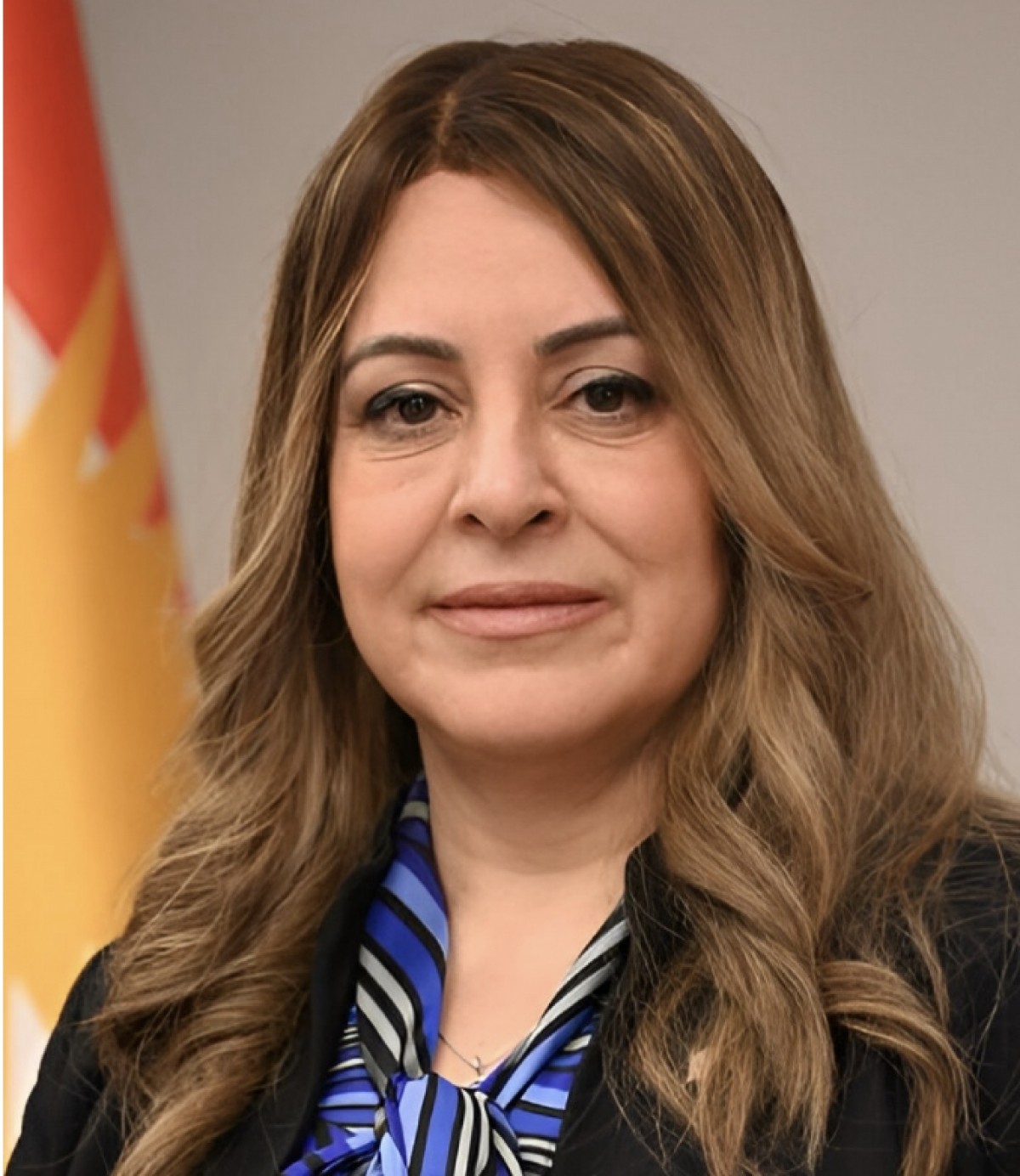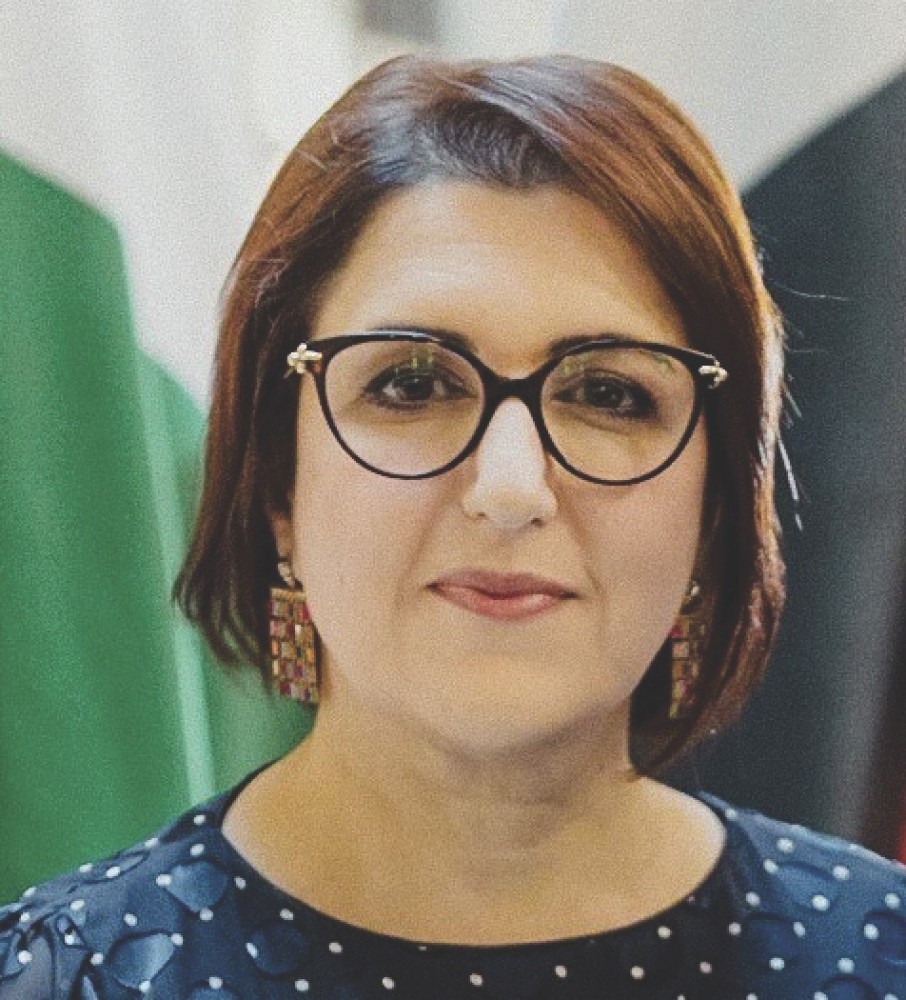Before delving into scientific research on the use of chemical weapons in the Kurdistan Region of Iraq (KRI), it is essential to understand genocide as a crime that can occur during both wartime and peacetime. The 1948 UN Convention on the Prevention and Punishment of the Crime of Genocide defines genocide as the intentional destruction of a national, ethnic, racial, or religious group, either in whole or in part. Notably, this definition excludes political groups and "cultural genocide."
This discussion also aims to document and elucidate the involvement of international media in the use of chemical weapons against the peshmerga forces, Kurds, and other Iraqi populations across various regions of the KRI during the ISIS conflict in Iraq. The objective is to analyze global media research confirming the use of chemical weapons against the Kurds and peshmerga, while also identifying the types of chemical materials, including mustard gas and chlorine.
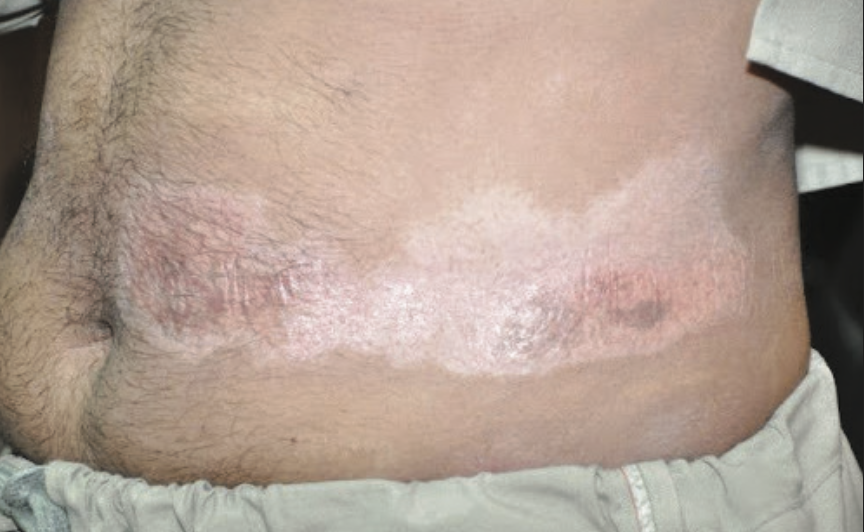
Pentagon sources reported on August 14, 2015, that credible information indicated ISIS had used mustard gas against Kurdish fighters in Iraq. Confirmation of such reports could be a significant turning point, compelling the United States to address this reality. The broader concern lay in ISIS's continued expansion and adaptation in highly perilous ways.
A statement from the German Defense Ministry on August 14, 2015, revealed that around 60 Kurdish fighters experienced breathing difficulties due to an attack southwest of Erbil. The attack did not harm German soldiers training the Kurds. Subsequent reports indicated ISIS's production and use of mustard gas and other chemical agents against the peshmerga, employing various delivery methods.

Further incidents included a reported launch of approximately 45 shells, potentially containing mustard gas, near Sultan Abdullah in the Nineveh Governorate. In response to injuries sustained by Kurdish soldiers in August 2015, the Organization for the Prohibition of Chemical Weapons (OPCW), directed by the Iraqi government, conducted an investigation that confirmed the use of mustard gas through positive samples in February 2016.
In 2016, news surfaced about the use of chemical weapons in the Makhmur area, leading to 63 peshmerga being injured. As a researcher in medicine and science, I initiated scientific research on the attack, resulting in an article published in the October-December 2021 issue of the scientific journal Scoops. Below is a summary of the research and its findings.
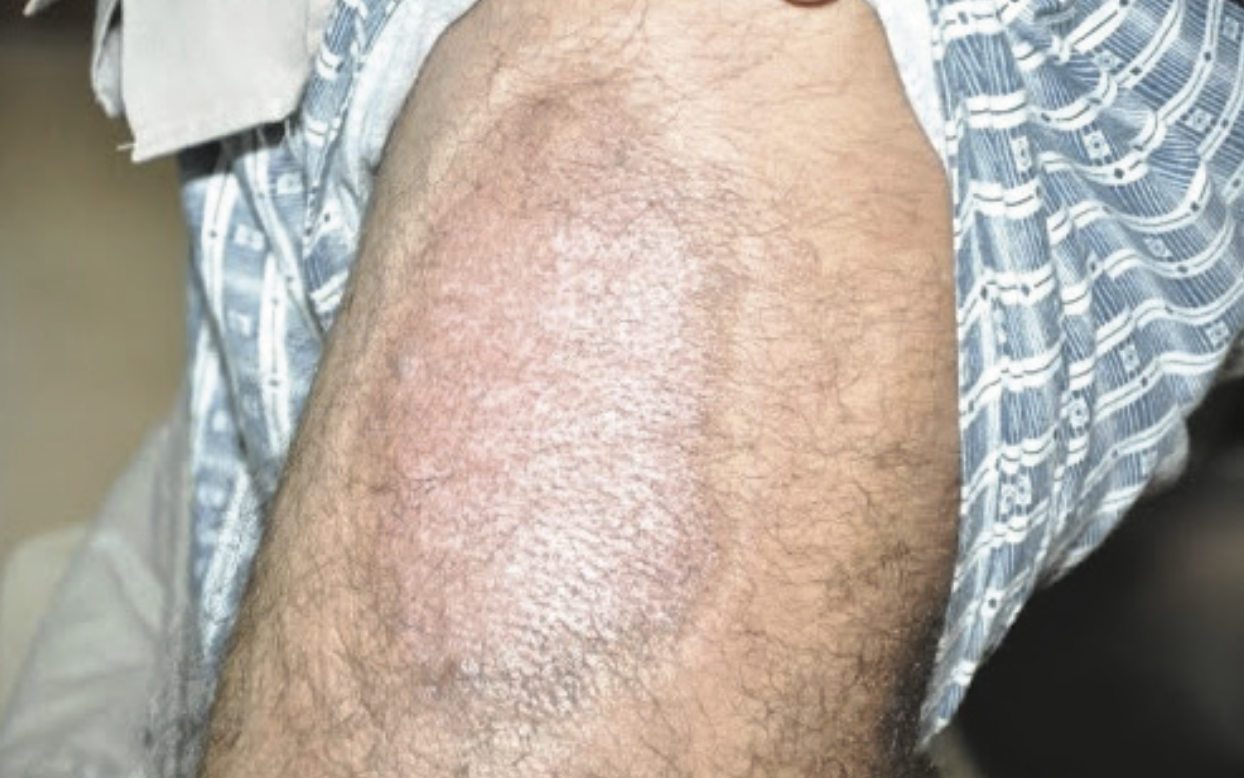
Research summary
The categorization of chemical weapons as “weapons of mass destruction” underscores their potential harm to civilian health. This study specifically focused on reproductive toxicity and its impact on sperm, leading to infertility in individuals exposed to chemical weapons during the war against ISIS.
A prospective cohort study compared 58 individuals exposed in three chemical attacks with an equal number of non-exposed individuals. Semen analysis, conducted on all participants with a one-year follow-up, revealed disturbances in volume and sperm count. Elevated levels of malondialdehyde (MDA) and superoxide dismutase (SOD) were observed, alongside significant quantitative disturbances in sperm.
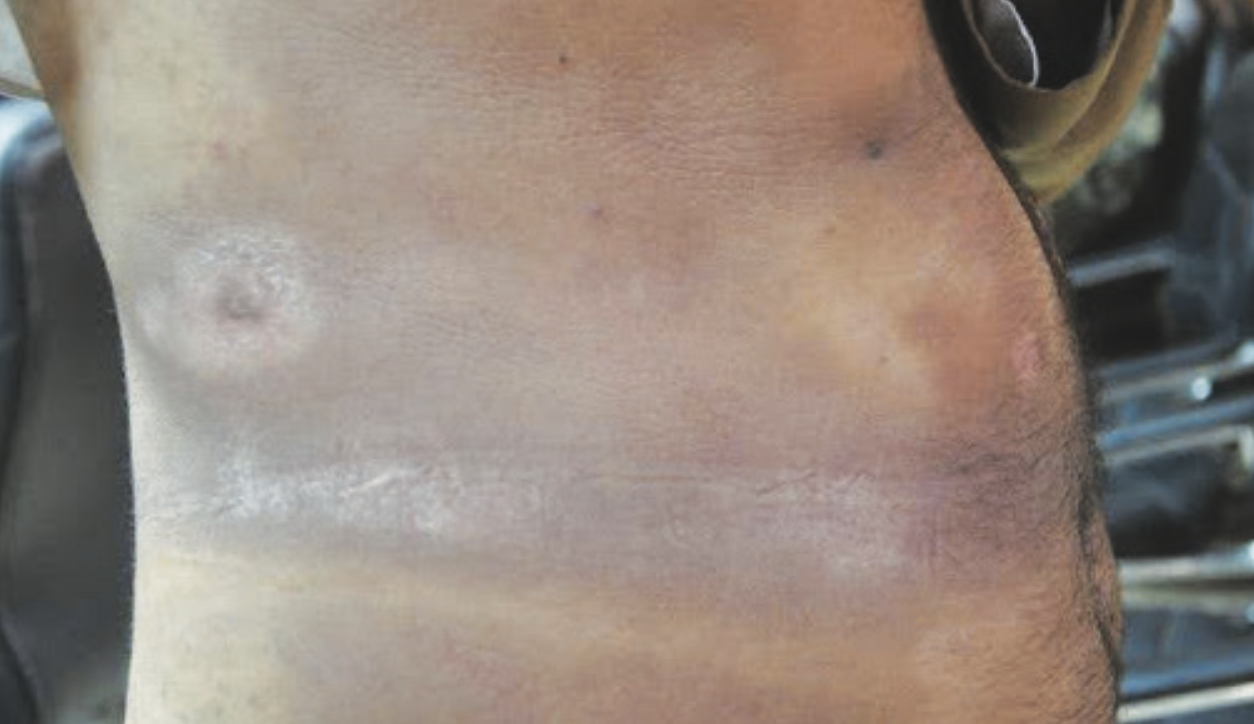
The study found that hypospermia developed in 18% of the exposed group and in 20% of all participants, oligospermia in 20% of all participants (with only 3% in the non-exposed group), and decreased motility in 19% of all participants. While sperm morphology did not change significantly, there was a notable increase in abnormal sperm counts in those exposed to chemical weapons.
The findings underscore the significant impact of chemical weapons on semen analysis, suggesting potential genetic ramifications on subsequent generations. Further research and testing are imperative to comprehensively understand the long-term consequences of exposure to chemical weapons.
Dr. Yasin Hamad is as an Embryologist and lecturer at the College of Medicine at Hawler Medical University.
